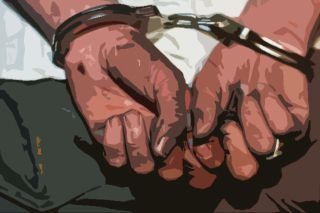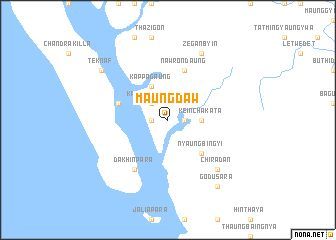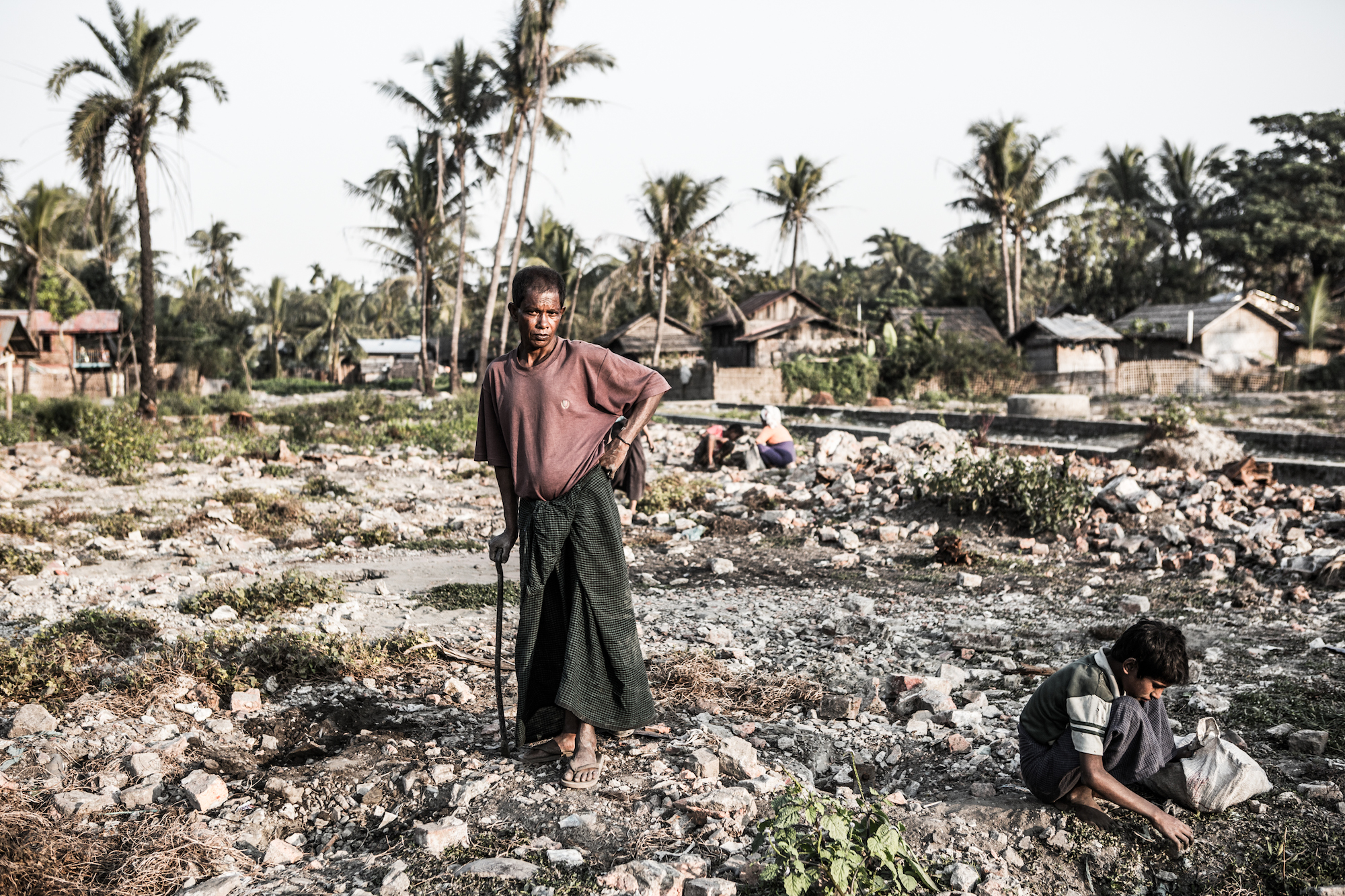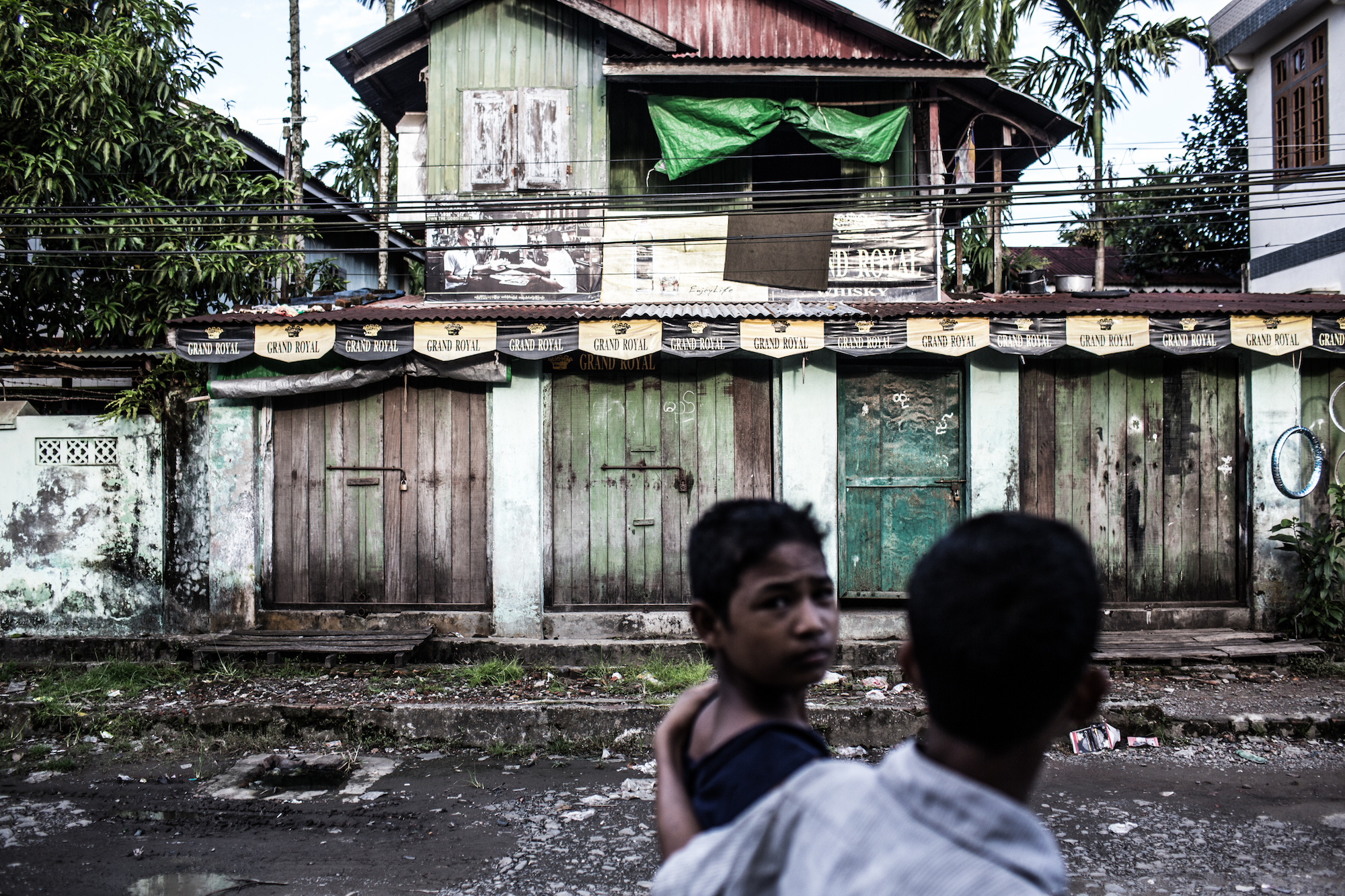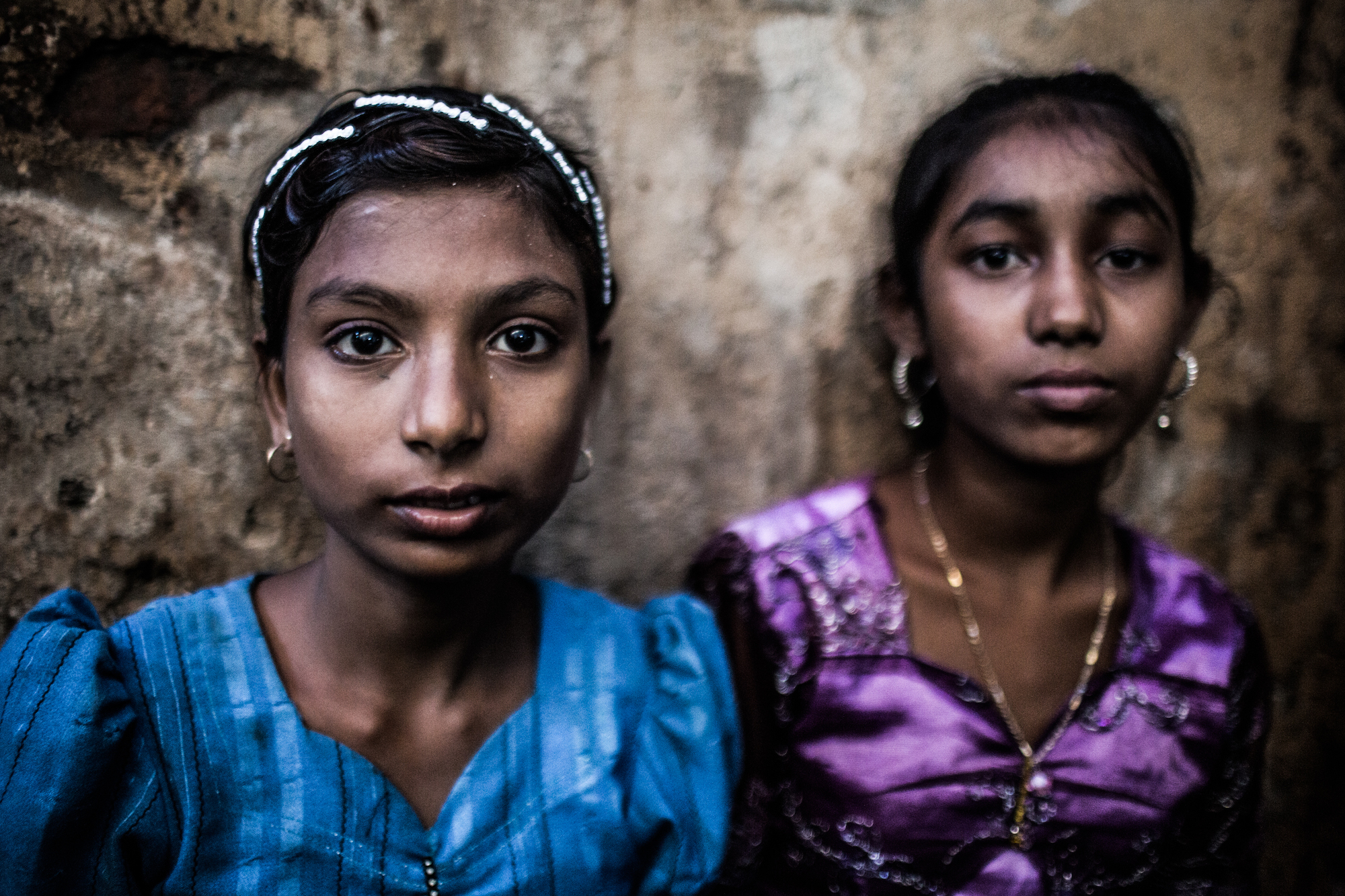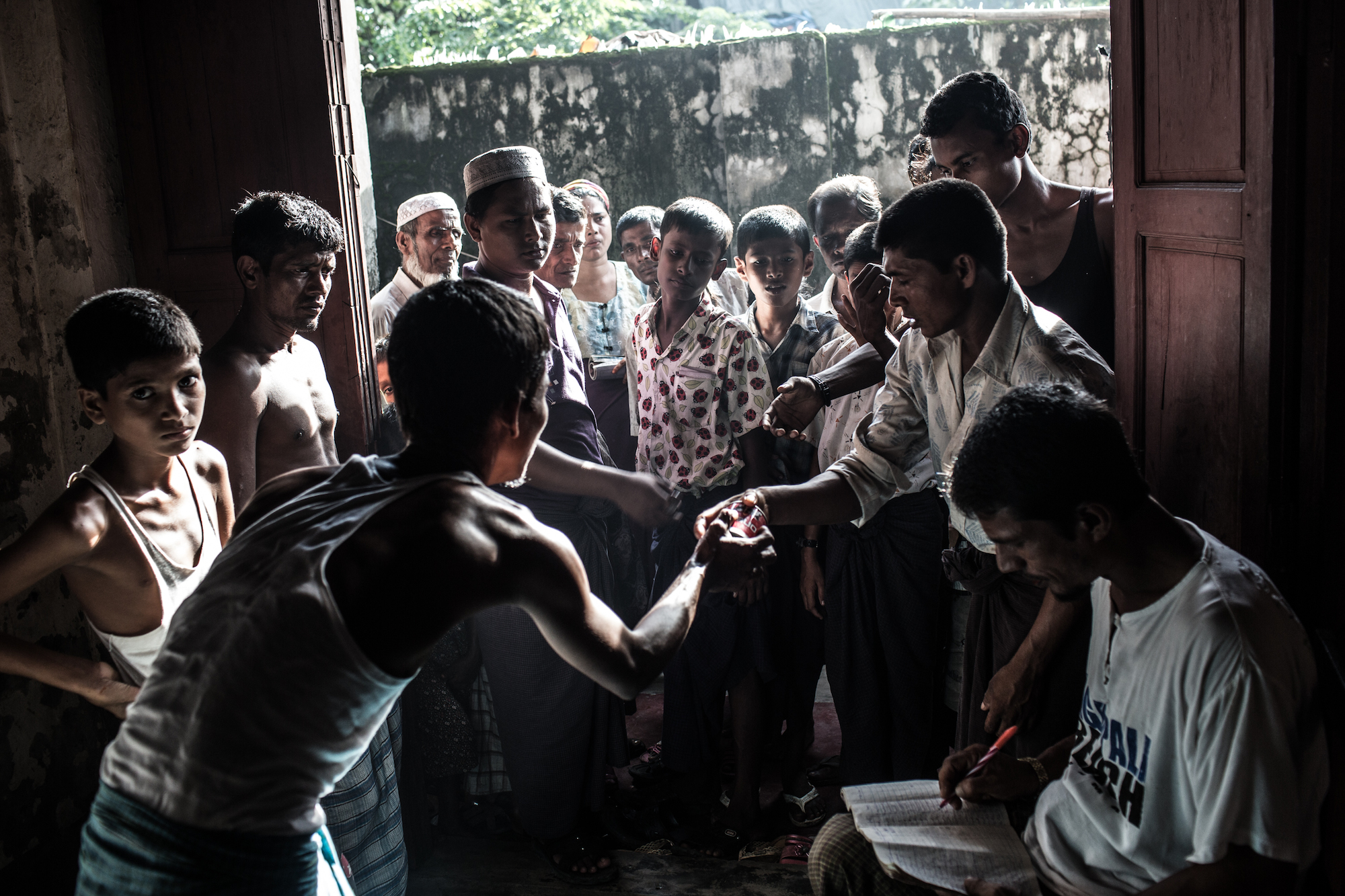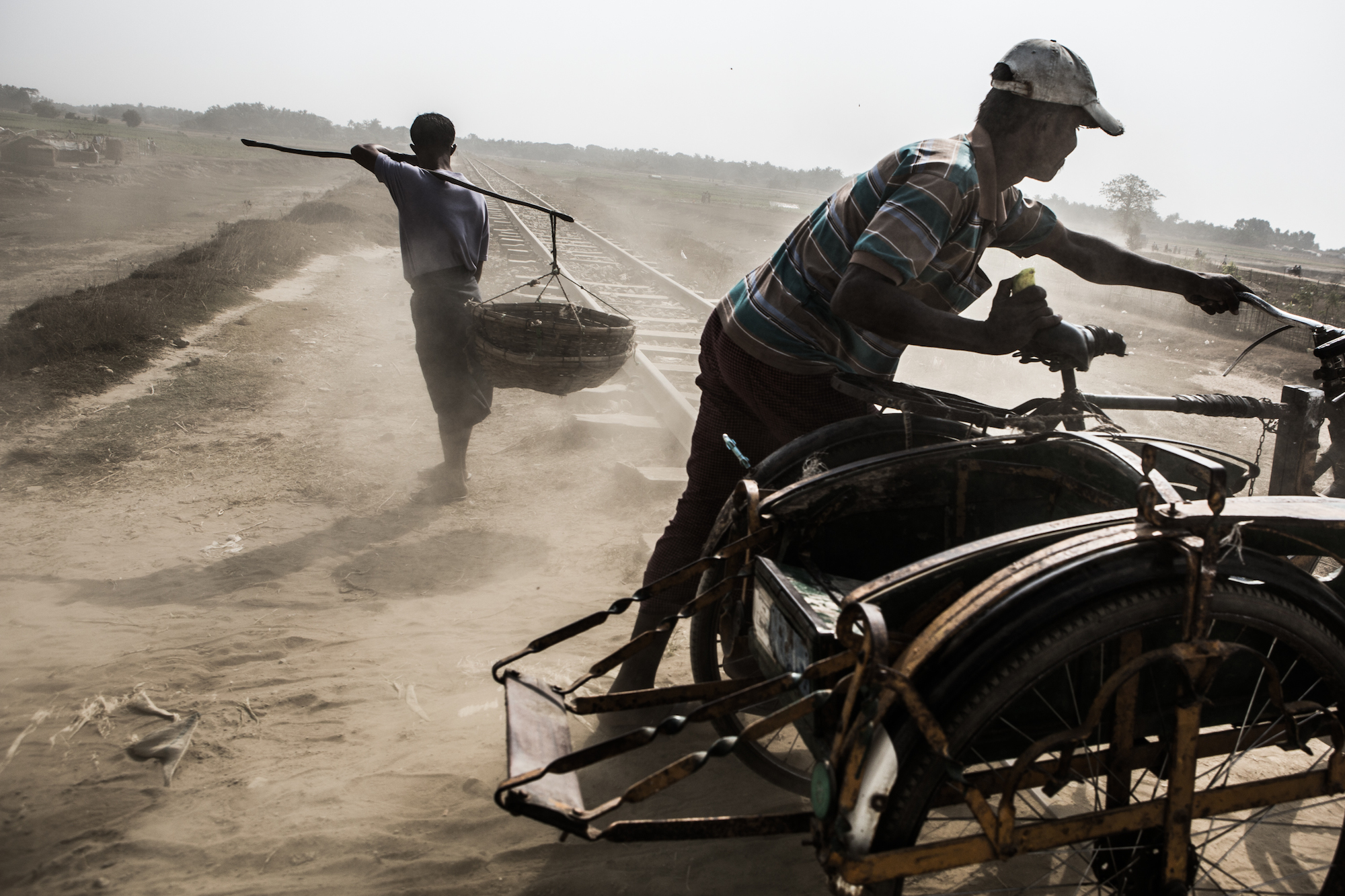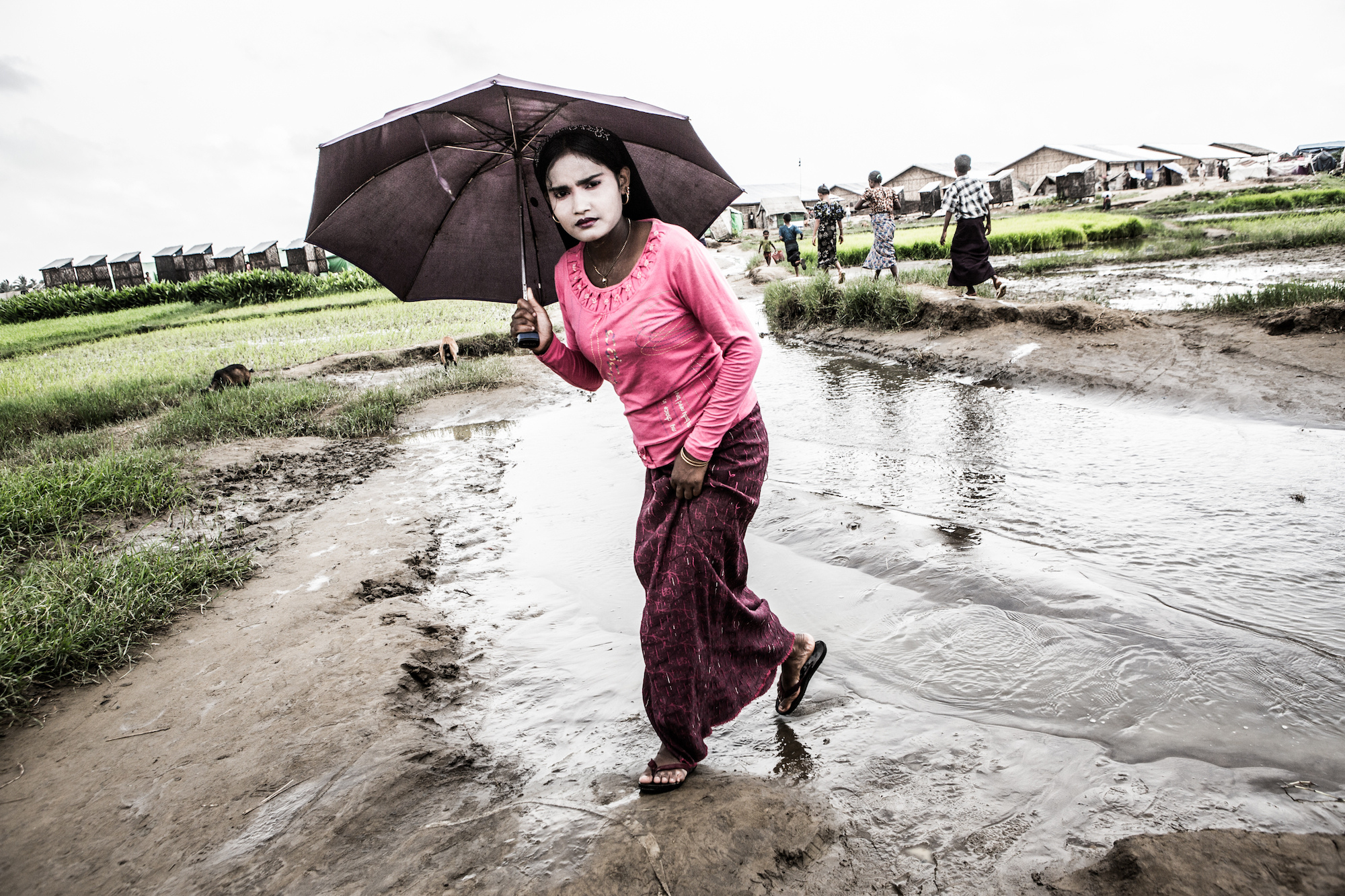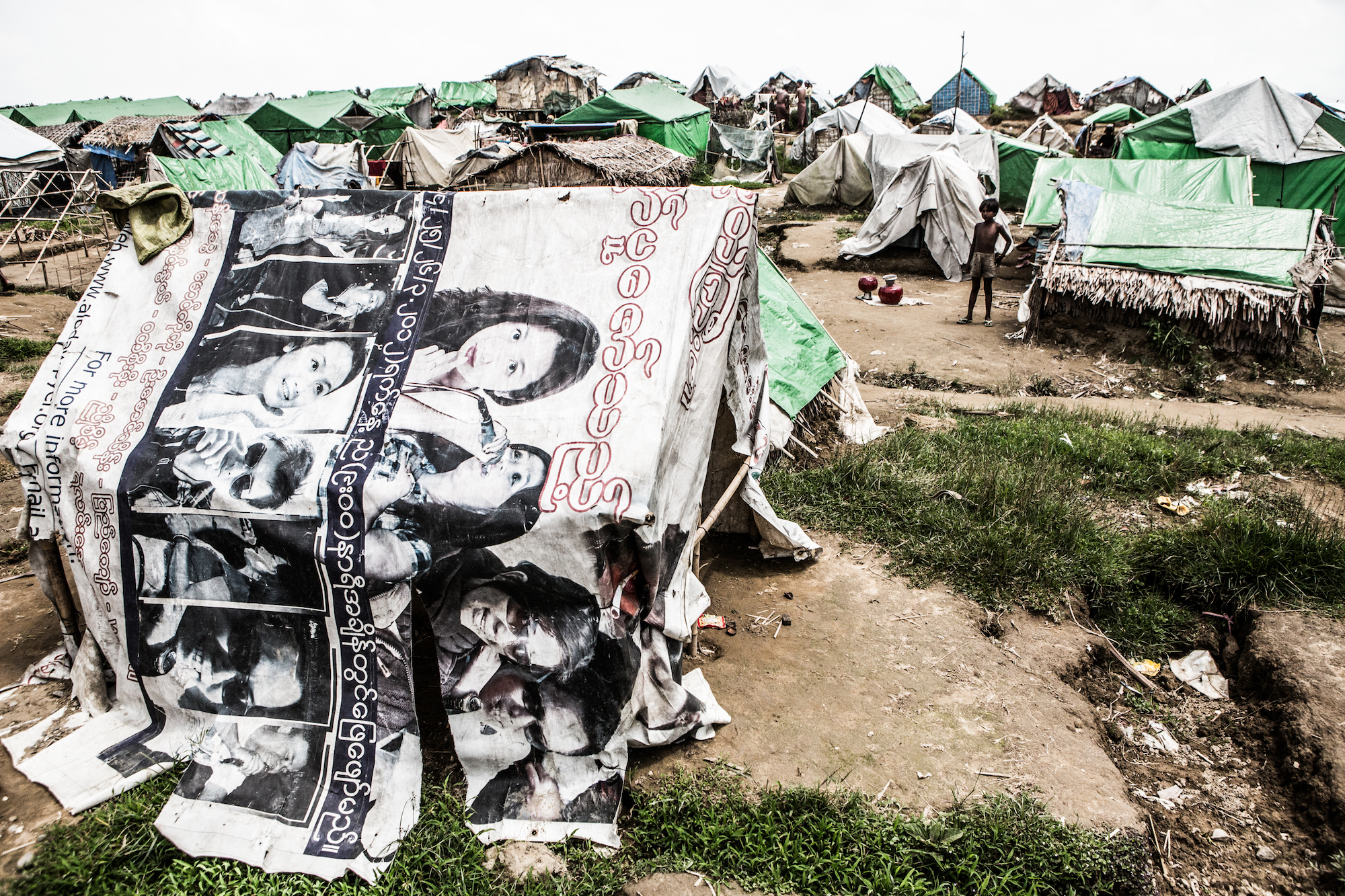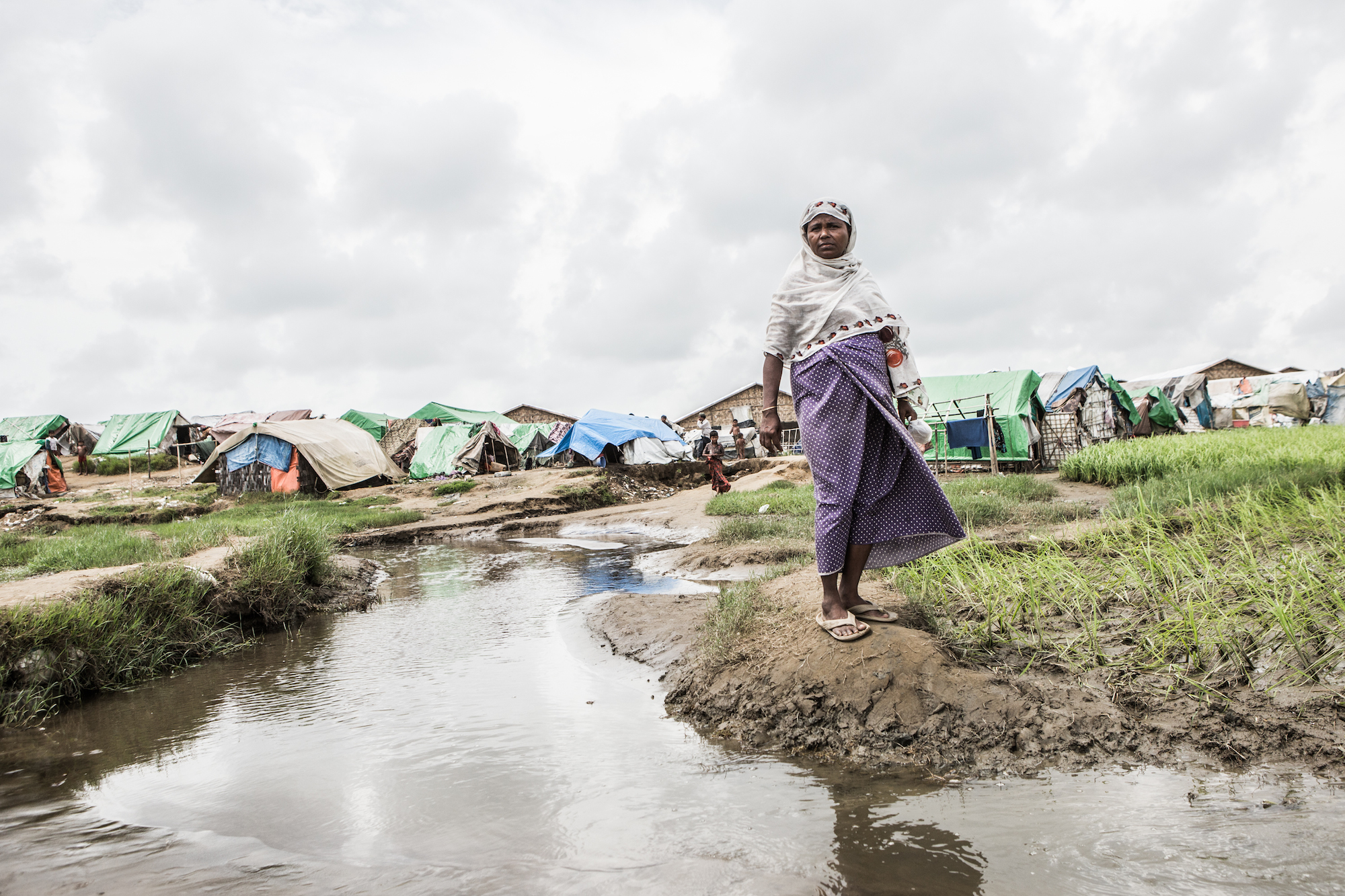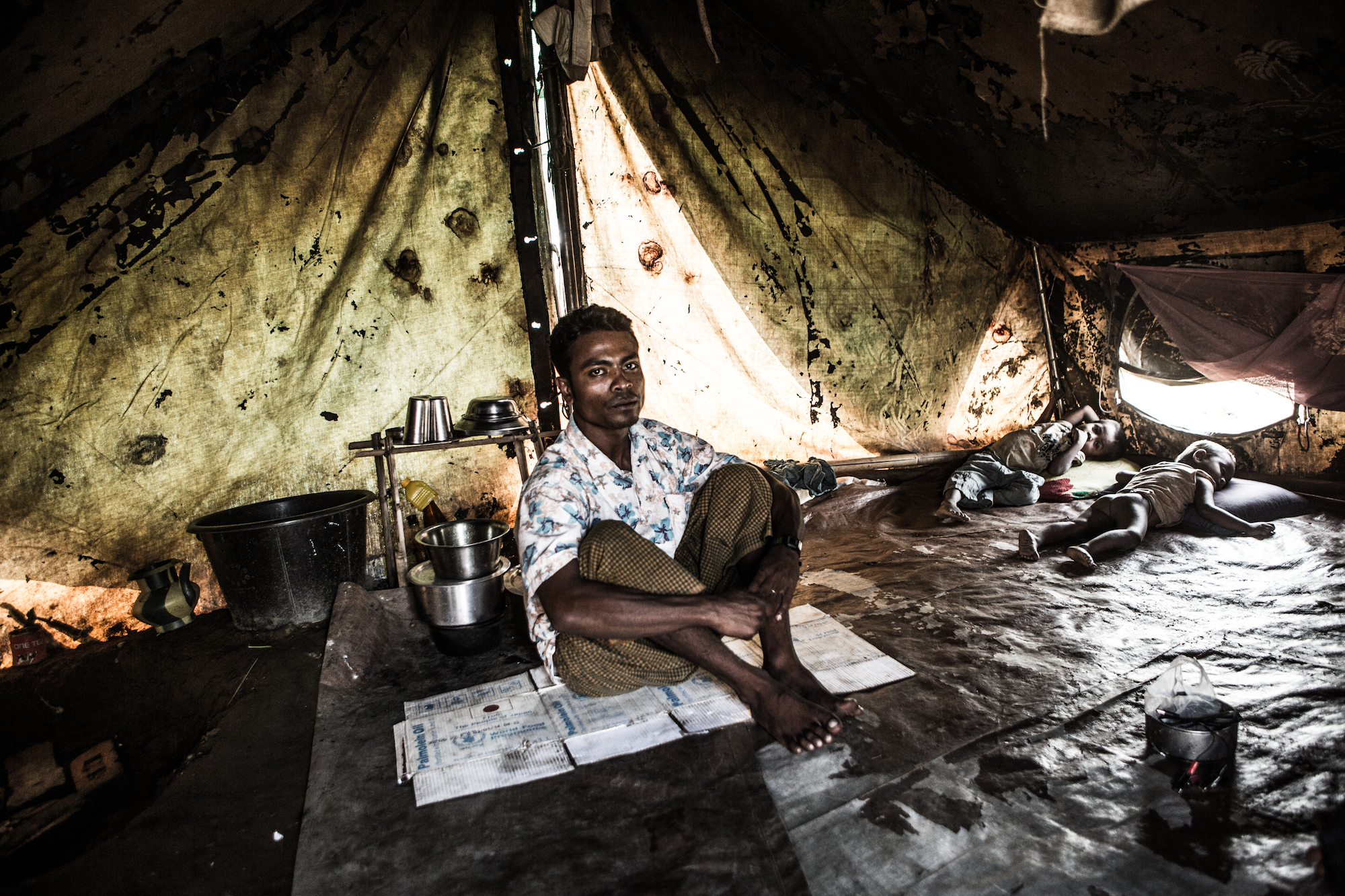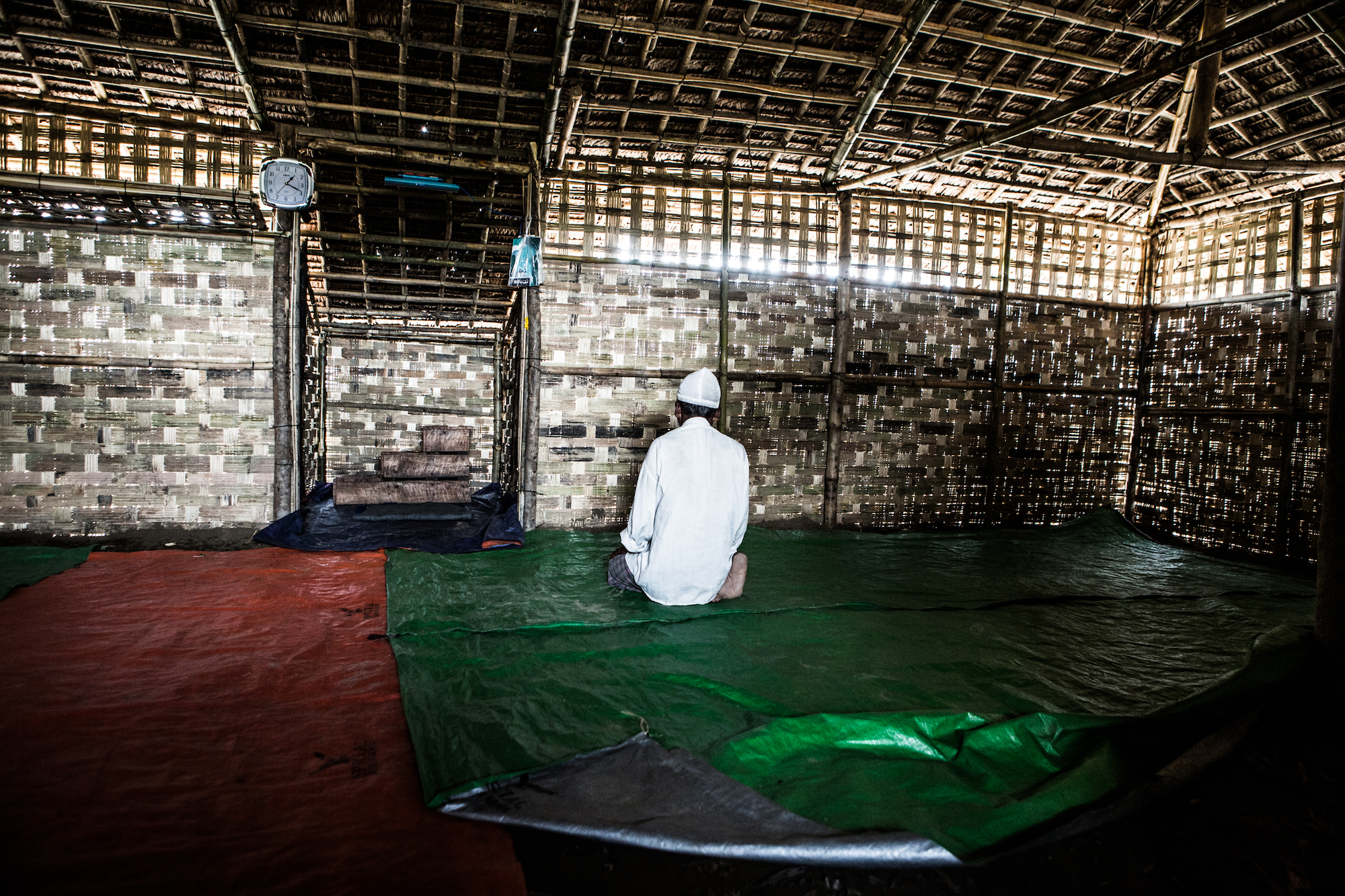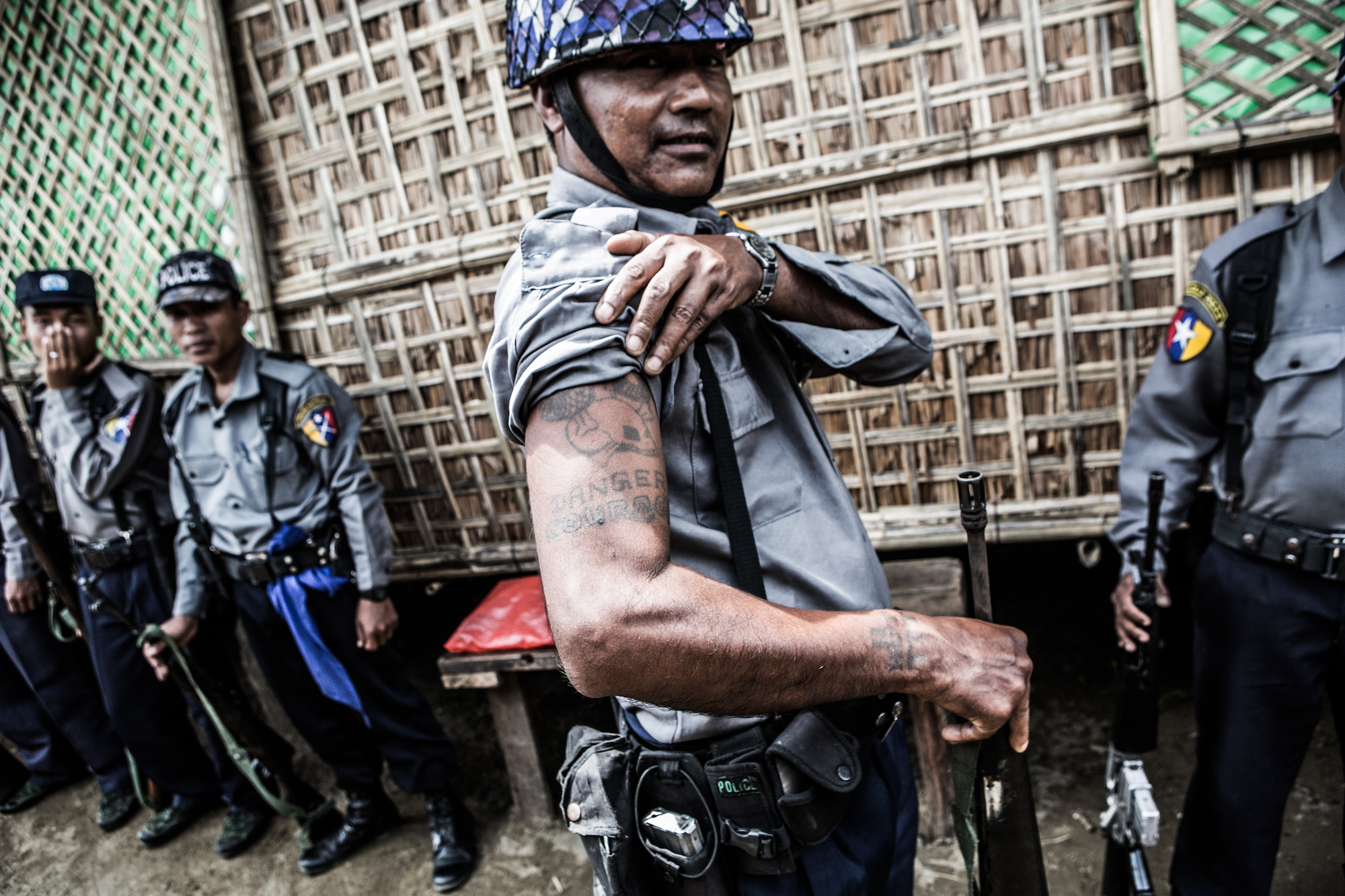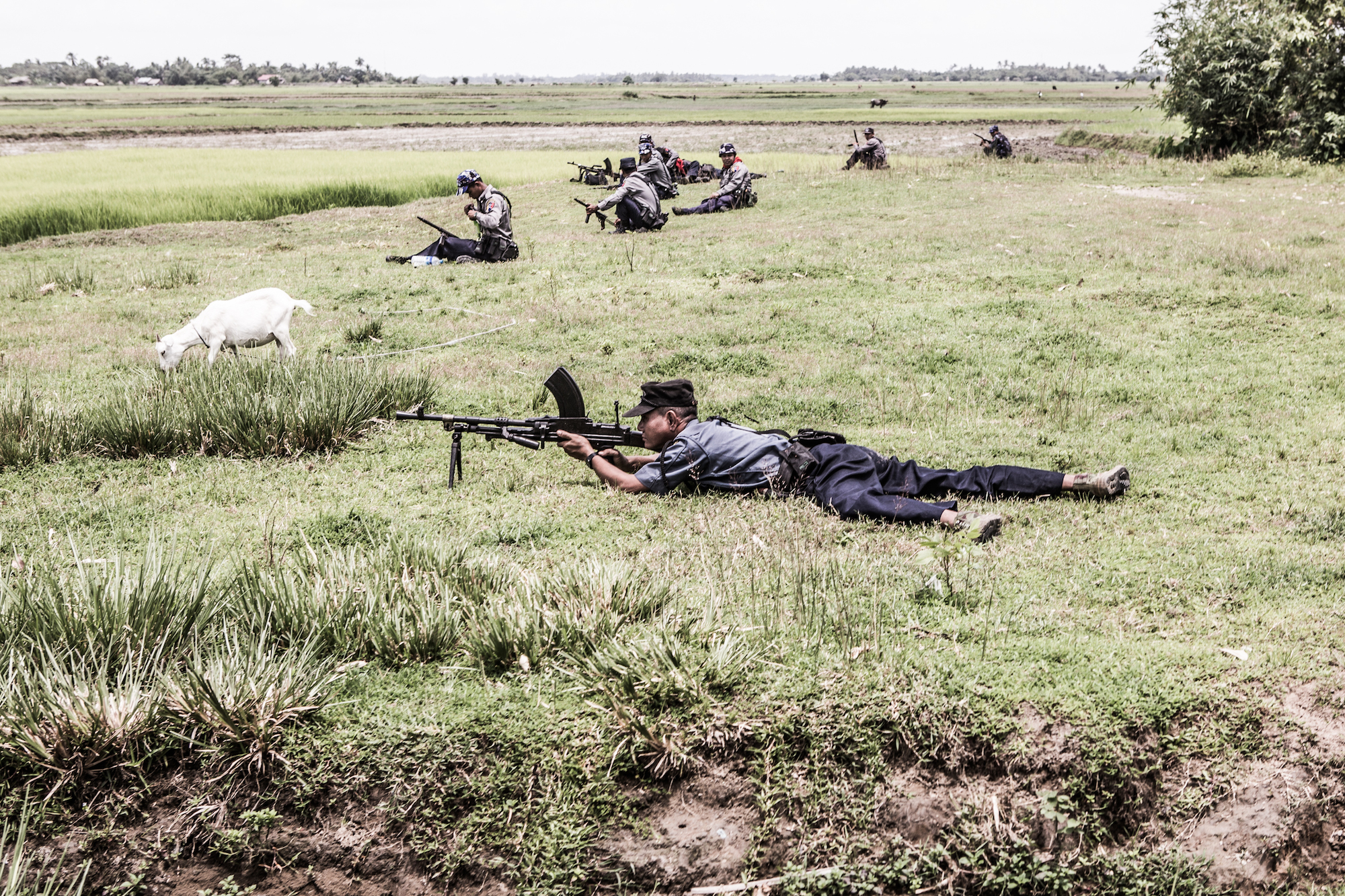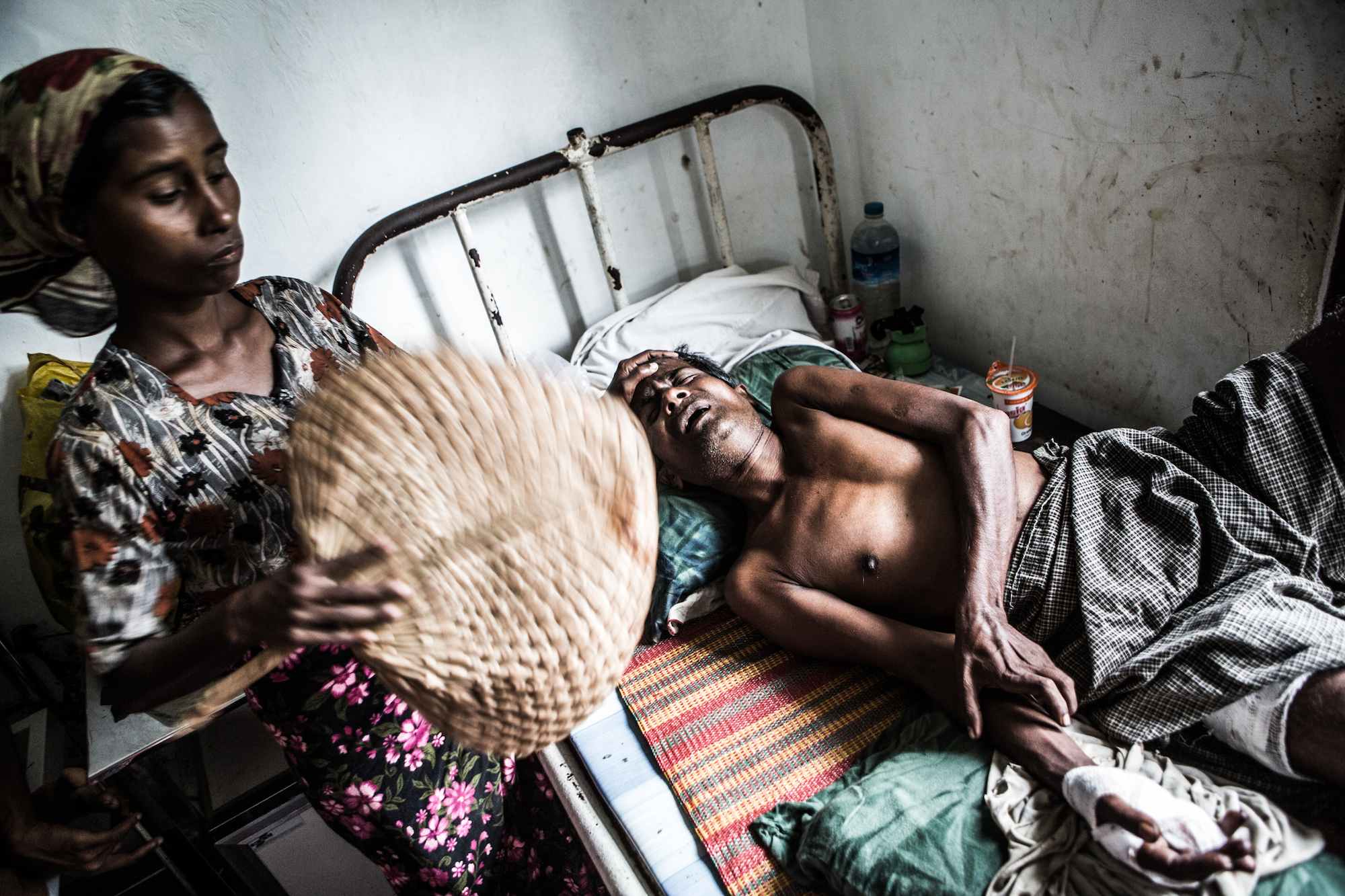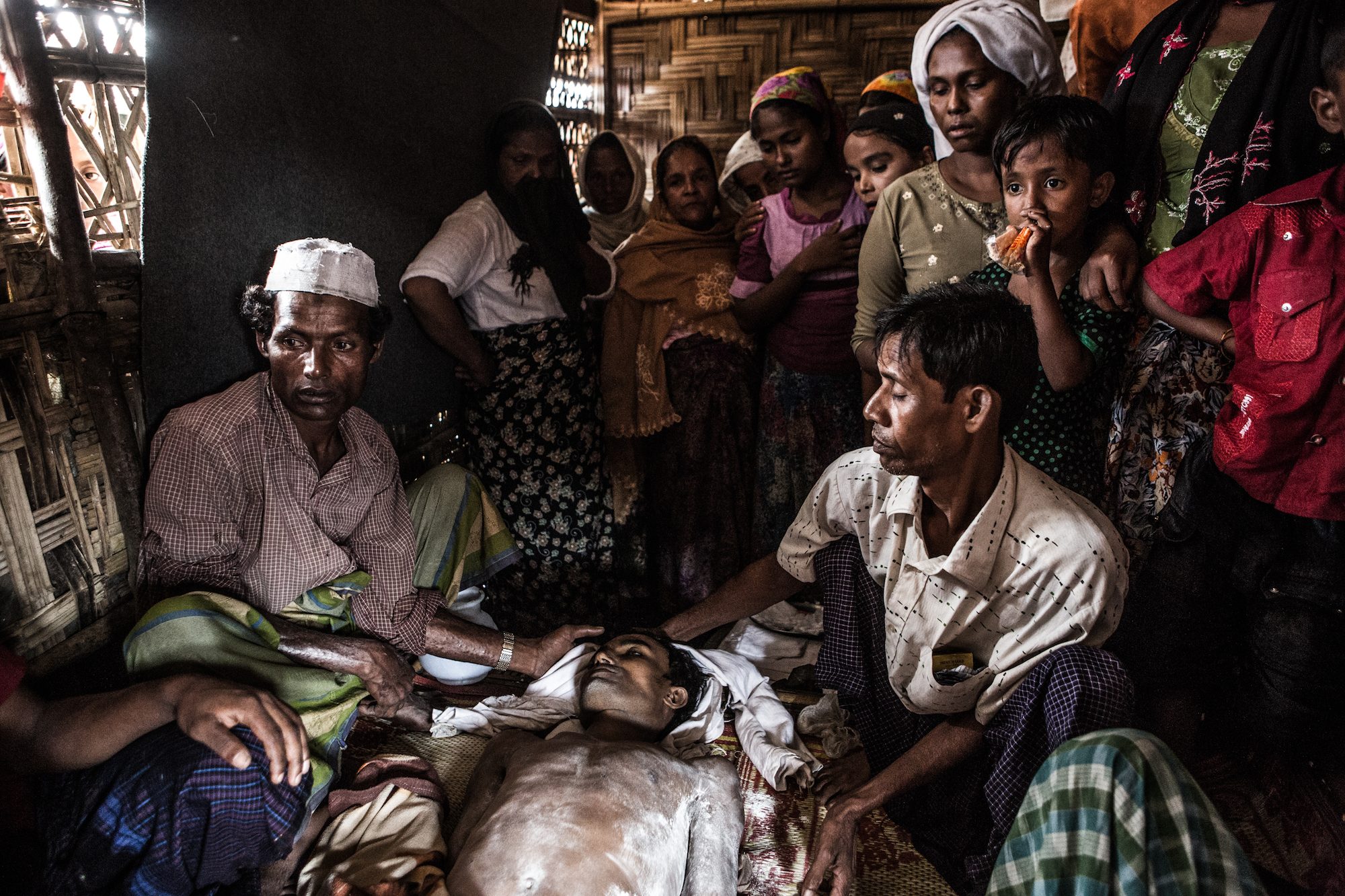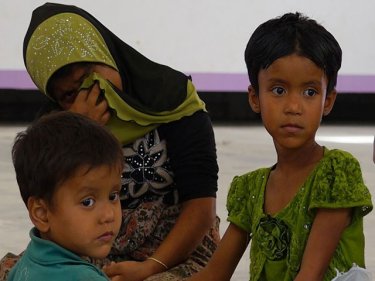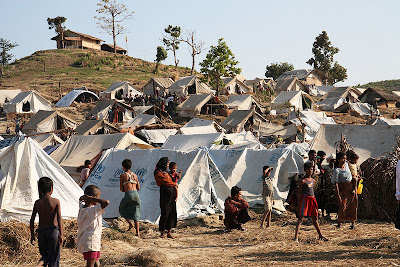We need not change the course of history. But is it wrong to expect human rights for all that are enshrined in the UN? Sadly, not a single of the 30 clauses of the Universal Declaration of Human Rights is honoured by the apartheid Myanmar regime when it comes to its treatment of this unfortunate people, writes Dr Habib Siddiqui from Pennsylvania
THE Convention on the Prevention and Punishment of the Crime of Genocide was adopted by the United Nations 65 years ago in December of 1948. The US didn't ratify the genocide convention for another 40 years. The late senator William Proxmire, a Democrat from Wisconsin, took up the task in the 1960s of getting the convention ratified. He assumed it would be easy. But it was not. He ended up giving 3,211 speeches on the floor of the senate, a different speech every day for 19 years, until it was ratified.
It took two more years before President Ronald Reagan finally signed the measure into law on November 5, 1988 — in a hangar at O'Hare Airport in Chicago.
After the Jewish Holocaust in Europe, the world said 'never again', but the list of genocides since then is long and sorrowful: Cambodia in the 1970s, nearly 2 million dead; Rwanda in 1994, 800,000 dead; Bosnia in the 1990s, 250,000 dead; Chechnya between 1994 and 2000, nearly 250,000 dead, 200,000 missing and 500,000, nearly half the population, internally displaced; in Democratic Republic of the Congo an estimated 6 million people have perished in the past 20 years. In George W Bush's wars, 20,000 civilians were killed in Afghanistan in 2001 alone, and another 655,000 to one million in Iraq between 2003 and 2006, which can only be described as war crimes.
And how about Myanmar, also known as Burma? And how about its Rohingya people, who are recognised by the UN as one the most persecuted people on earth?
The Rohingya people of Myanmar, who mostly live in the western part, the Rakhine (formerly Arakan) state, bordering the Muslim-majority Bangladesh, are undoubtedly the most suffering people in our time. As it has become almost a norm in the Thein Sein era, earlier this month at least 48 Muslims were massacred when Rakhine Buddhist mobs attacked Du Chee Yar Tan, a village in the Rakhine state. This violence, part of the ongoing genocidal activities against the Rohingya people appears to be the deadliest in a year.
Navi Pillay, the UN high commissioner for human rights, said she had received credible information that eight Rohingya Muslim men were attacked and killed in Du Chee Yar Tan village by local Rakhine Buddhists on January 9. This was followed by a clash on January 13 in the same village, following the reported kidnapping and killing of a police sergeant by Rohingya residents. The police did nothing to stop a Buddhist mob that entered later that night with knives, sticks and swords, witnesses and rights groups said.
The village has been emptied and sealed off since the massacre. The humanitarian aid group, Medicins san Frontiers, or Doctors Without Borders, which has several clinics in the area, said it has treated at least 22 patients, including several wounded, who are believed to be victims of the violence.
The United Nations has called on the government to carry out a swift, impartial investigation and to hold those responsible accountable. Pillay said, 'By responding to these incidents quickly and decisively, the government has an opportunity to show transparency and accountability, which will strengthen democracy and the rule of law in Myanmar.'
While the government agencies inside Myanmar have mastered the Goebbels-style propaganda in undercounting the casualty figures, let alone denying such extermination campaigns, the undeniable fact is more than a quarter million Rohingyas have fled their homes since May of 2012. It is probably this exodus of the Rohingya people which is both emboldening and encouraging the rogue regime and its savage, murderous Buddhist mob to get rid of the Muslim population one way or another.
Denied citizenship in this Buddhist-majority country, the Rohingyas have simply become the most unwanted people in our planet. The nearby Bangladesh does not want the persecuted Rohingyas to settle there either. In desperate attempts to save their lives, many Rohingyas have become now the 'boat people' of our time.
Yet, Myanmar has gone through a change in recent years. The former military general Thein Sein is the poster boy of reform inside the country. With him as the head of the state, a quasi-civil-military government runs the fractured country. Myanmar had its election, too — an imperfect one — in which some opposition politicians had managed to get elected in the limited seats available to them within parliament. The new regime has also released many political prisoners (mostly Buddhists) who were once rotting in many of Myanmar's notorious dungeons. [Many released ones have since been re-imprisoned.]
In reaction to such 'positive image-building' initiatives, which I call calculated gimmicks, the western world has reciprocated by lifting its political and economic sanctions against the once hated military dictatorship that has ruled the country for almost its entire life since earning independence from Britain in January 4 of 1948.
There was much expectation — probably too unrealistic and too premature — that the Thein Sein government was serious about 'real' reform and that the Rohingyas will be integrated as citizens at par with other ethnic/national groups inside Myanmar. What we have witnessed instead is worsening of their situations. They are now victims of a highly organised genocidal campaign in which even Buddhists like Aung San Sui Kyi — touted one time as the democracy icon — are sadly, either silent or willing partners in this gross violation of human rights.
Since May of 2012 an estimated 250,000 Rohingyas have fled their homes. Tens of thousands of Muslims living in other parts of Myanmar have also been victims of organized mob violence, lynching, and wholesale destruction of their homes, schools, mosques and businesses. Many of the Muslim internally displaced persons now live in squalid camps with no provisions and are counting their days hopelessly to be relocated to their burned homes. And yet, such a provision seems unlikely. In recent days, Rakhine Buddhists have organised demonstrations protesting any resettlement of the Rohingya and other Muslims. Bottom line — they want the Rohingya and other Muslims out of Myanmar, if not totally annihilated.
What is worse, the international NGOs, especially from the Muslim countries, continue to be barred from helping out the Muslim victims. In the face of reported protests from the Rakhine Buddhist community, the Organisation of Islamic Countries could not even open an office to carry out its much needed humanitarian relief work in the troubled region. Many international observers and some experts, including human rights activists, were surprised by such outbreaks of ethnic cleansing drives last year against the Muslims, in general, and the Rohingya people, in particular, let alone the level of Buddhist intolerance against non-Buddhists everywhere inside Myanmar. However, such sad episodes were no surprise to many keen observers and researchers of the Myanmar's problematic history.
In 2007 when I was invited as chief guest and keynote speaker in an international conference on the Rohingyas of Burma, held in Tokyo, Japan, its theme was the prevalent xenophobia in Myanmar and how to address the issue so that people of all ethnic and religious backgrounds could live harmoniously. One after another the speakers spoke at length about the danger that they foresaw. We all knew that simply a transition to so-called democracy would not and could not solve the Rohingya problem. Instead of a much-needed dialogue for reconciliation and confidence-building between ethnic/national and religious groups, what we recognised and faced from the so-called 'democracy' leaders within the Burmese and Rakhine Diaspora was appalling Buddhist chauvinism. They would not talk with or listen to the Rohingya people; as if, their so-called struggle for democracy against the hated military regime was a purely Buddhist one, the Rohingya Muslims were unwelcome in those dialogues between ethnic/national groups.
The level of Buddhist intolerance, hatred and xenophobia had simply no parallel in our time. Those chauvinist Buddhists were in denial of the very existence of the Rohingya people, in spite of the fact that the latter group comprised more than a third of the population of the Rakhine state and that the ancestors of the Rohingya were the first settlers in the crescent of Arakan before others moved in. While the vast majority of the late comers to the contested territory were Buddhists, the Rohingyas, much like the people living next door — on the other side of the river Naf — in today's Bangladesh had embraced Islam voluntarily. Their conversion had also much to do with the history of the entire region, especially in the post-13th century when the Sultans and the great Mughal emperors ruled vast territories of the South Asia from the foothills of the Himalayas to the shores of the Indian Ocean.
As a matter of fact, the history of Arakan, sandwiched then between Muslim-dominated India and Buddhist-dominated Burma, would have been much different had it not been for the crucial decision made by the Muslim Sultan of Bengal who reinstalled the fleeing Buddhist king Narameikhtla to the throne of Arakan in 1430 with a massive Muslim force of nearly 60,000 soldiers — sent in two campaigns. Interestingly, the Muslim General Wali Khan, leading a force of 25,000 soldiers, who was instructed to put the fleeing monarch to the throne of Arakan, had claimed it for himself. He was subsequently uprooted in a new campaign, again at the directive of the Sultan of Muslim Bengal, by General Sandi Khan who led a force of 35,000 soldiers. What would be Arakan's history today if the Muslim Sultan of Bengal had let General Wali Khan to rule the country as his client?
We need not change the course of history. But is it wrong to expect human rights for all that are enshrined in the UN? Sadly, not a single of the 30 clauses of the Universal Declaration of Human Rights is honoured by the apartheid Myanmar regime when it comes to its treatment of this unfortunate people. What is more shocking is the emerging fact that the so-called democracy leaders within the Buddhist opposition in Burma have very little, if any, in common with the core values and ideals of democracy. Instead, their behaviour has repeatedly shown that they are closet fascists and are no democrats. Thus, all the efforts of the Rohingya and other non-Buddhist minority groups to reach out to the exiled Buddhist-dominated opposition leadership in the pre-Thein Sein era simply failed. It was an ominous warning for the coming days.
So in 2012 when the region witnessed a series of highly orchestrated ethnic cleansing drives against the Rohingya and other Muslim groups not just within the Rakhine state but all across Myanmar, like some keen observers of the political developments there I was not too surprised. Nor was I amazed with the divisive role played by leaders of the so-called democracy movement. They showed their real fascist colour. But the level of ferocity, savagery and inhumanity simply stunned me! I could not believe what I was witnessing. It showed that the Theravada Buddhists of Myanmar, like their co-religionists in Sri Lanka and Cambodia, have become the worst racists and bigots of our time. With the evolving incendiary and poisonous role of Buddhist monks like Wirathu — the abbot of historically influential Mandalay Ma-soe-yein monastery and his 969 fascist movement, which sanctifies eliminationist policies against the Muslims, surely, the teachings of Gautama Buddha have miserably failed to enlighten them and/or put a lid on their all too obvious savagery and monstrosity.
On June 20, 2013 twelve Nobel Peace Laureates called upon the Myanmar government for ending violence against Muslims in Burma. They also called for an international independent investigation of the anti-Muslim violence. Yet, the Myanmar regime continues to ignore international plea for integration of the Rohingya and other minorities.
So the plight of the Rohingya and other Muslim minorities continues unabated inside apartheid Myanmar. In ethnic cleansing drives in this country, the victims are usually the Rohingyas and yet they end up in the prisons (and not the Buddhist marauders) overwhelmingly. A peaceful demonstration may cost them their lives in this Mogher Mulluk. The same security forces which did nothing to stop lynching of Muslim victims have no moral qualms in killing them unprovoked for staging a peaceful demonstration. Genocide of the Rohingyas is a national project in Myanmar. It is, therefore, no surprise that ignoble Aung San Suu Kyi is an endorser to this horrendous crime through her wilful silence to condemning it.
A reading of history shows that genocide succeeds when state sovereignty blocks international responsibility to protect its persecuted group. It continues due to lack of authoritative international institutions to predict it and call it as such. It happens due to lack of ready rapid response forces to stop it and lack of political will to peacefully prevent it and to forcefully intervene to stop it.
Since founding of the UN, at least 45 genocides and politicides have taken place in our world resulting in deaths of some 70 million people. It is a shameful record that needs to be improved. Let's not allow the UN to add another genocide to its shameful record of failures that either overlooked it or tried to intervene when it was too late! It must stop the war criminals in Myanmar from their genocidal crimes against the Rohingyas.
Dr Habib Siddiqui is a peace and rights activist.


